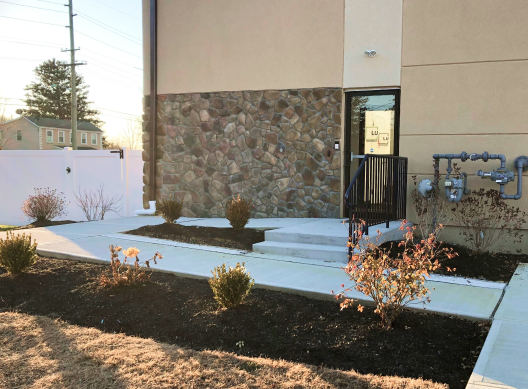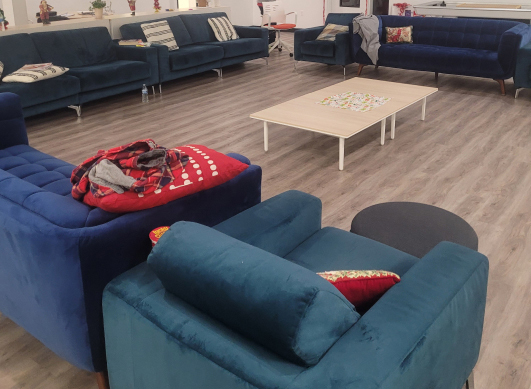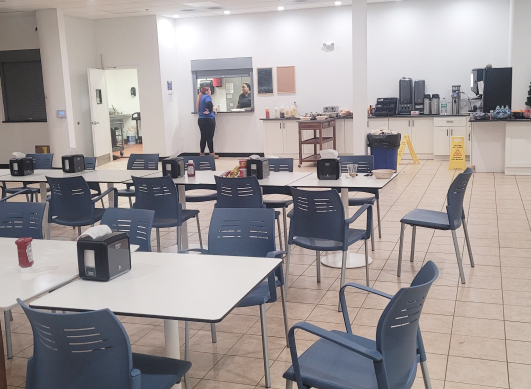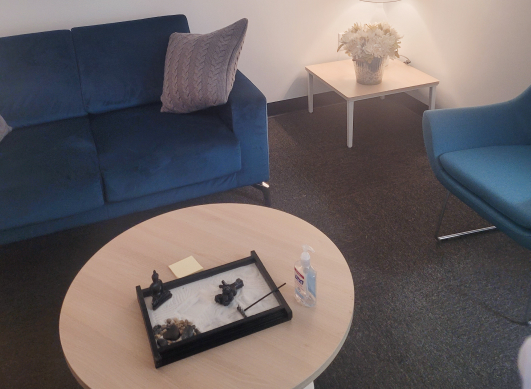TOGETHER WE LEVEL UP
Alcohol & Drug Rehab New Jersey Treatment Center
Reclaiming Lives, Embracing Sobriety: Top-Rated Drug Alcohol Rehab
*Level Up Treatment Lawrenceville commonly known as We Level Up Lawrenceville NJ.

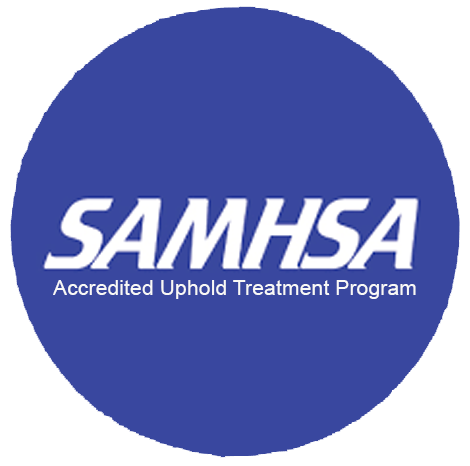
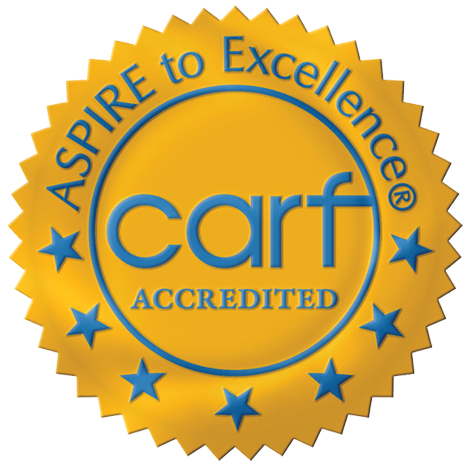
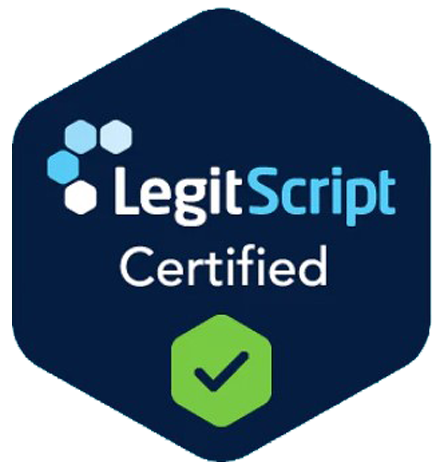



Top-notch Alcohol & Drug Rehab New Jersey Center
The We Level Up alcohol and drug rehab New Jersey treatment center is part of the nationwide We Level Up treatment center network of inpatient addiction, detox, and mental health facilities. Set in an idyllic location, this destination is within a comfortable driving distance to a significant portion of the nation’s population, including those in and around New Jersey. Clients can join our New Jersey drug rehab recovery center at a serene inpatient treatment facility. We Level Up New Jersey recovery center offers comprehensive Inpatient treatment for substance abuse and secondary co-occurring mental health disorders. The NJ addiction treatment programs include detox to residential treatment encompassing multiple levels of care. Intensive recovery treatment therapy arms clients with critical coping skills and strategies needed to live a sober, fulfilling life free of the pain of drug and alcohol abuse.
Read MoreAddiction Treatment in New Jersey
- High Prevalence: Addiction is a significant issue in New Jersey, emphasizing the need for effective treatment.
- Addiction Concerns: Many adults in New Jersey face addiction risks, and early intervention is vital.
- Treatment Access Challenge: Access to quality addiction treatment can be a challenge in New Jersey, emphasizing the importance of improving available resources.
Our Commitment
At We Level Up New Jersey, we are dedicated to helping individuals overcome addiction. Our programs offer personalized support, evidence-based treatment, and a clear path to a life free from addiction.
Join Us
Whether you’re in New Jersey or anywhere in the U.S., you’re invited to our New Jersey-based addiction treatment center. Let us be your partners on the journey to a healthier, addiction-free life. Contact us today to begin your recovery.

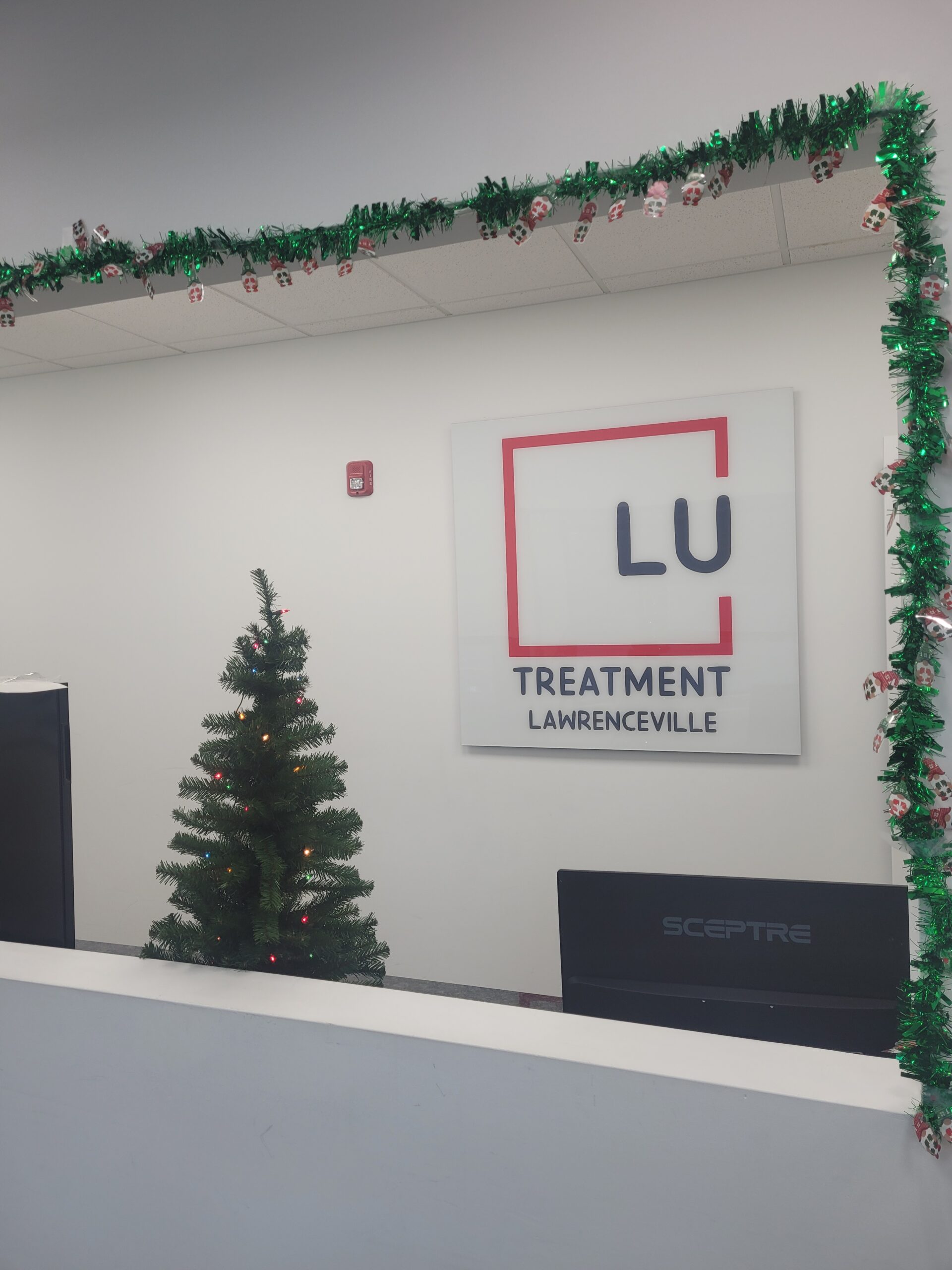
Insurance Coverage for Your Addiction Treatment in New Jersey
Explore insurance options to cover your addiction treatment costs and secure financial support for your recovery journey.

Blue Cross Blue Shield
Blue Cross Blue Shield insures over 100 million Americans, covering addiction and mental health services, but the specifics can vary by your location and plan.

Aetna
Aetna insurance provides coverage for substance abuse recovery treatment, with the extent of coverage depending on your specific plan.

Cigna
Cigna health insurance covers addiction and mental health treatment, including drug and alcohol addiction, through partnerships with rehab facilities nationwide.
Backed by a Team with a History of Excellence
With over a decade of experience, we’re dedicated to providing exceptional substance abuse treatment in New Jersey. Our expert team offers specialized support for a successful path to sobriety.
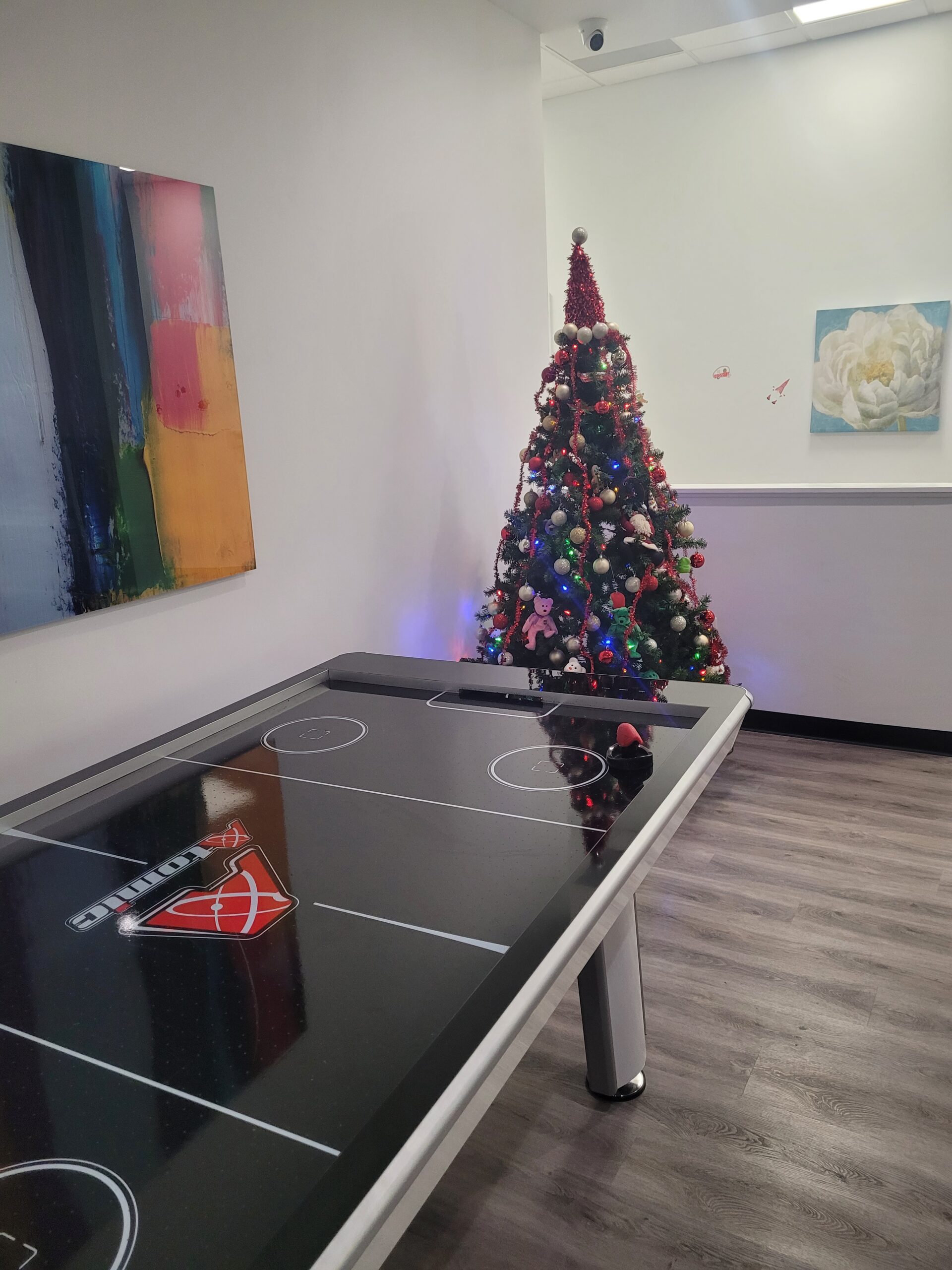
15+
Years of Unified Experience
100s
5-Star Reviews Across Our Centers
10K+
Recovery Success Stories Across Our Network
We Level Up Admission Process
From Your First Call to Our Doors in As Little As 24 Hours.
01
Pre-Admission Assement
Upon reaching out to our New Jersey addiction treatment center, you’ll be assigned an admissions coordinator who will complete a 15-30-minute evaluation of you or your loved one’s medical, mental health & substance abuse history.
02
Insurance Check
While on the phone, we will collect relevant information to determine whether your health insurance can be accepted.
03
Exploring Your Payment Options
If your insurance isn’t accepted or you prefer different payment methods, don’t worry. We’ll present you with an alternative option, ensuring you find a solution that fits your needs. Please reach out to discuss possible solutions.
04
Admission Coordination
Once the admissions details are finalized, our call center staff will make plans for your arrival at the facility and set up your first meetings with the treatment staff to make sure the transition goes smoothly. Once you are admitted, the treatment staff will provide individualized care and support.
05
Arrival and Transportation
If you travel from out of town, please get in touch with your admissions coordinator for transportation planning.
06
Start of Your Recovery
As soon as you have arrived, We Level Up staff will greet you and finalize the admissions process, giving you a chance to start working towards an improved, healthier you.
What Our Clients Are Saying
Testimonials from the We Level Up Treatment Center network do not guarantee you the same outcome of treatment. Each person’s journey is unique and results may vary.
We Level Up Alcohol & Drug Rehab New Jersey Amenities
Providing evidence-based substance abuse treatment with amenities, recovery activities, and recreational therapy to improve recovery outcomes. Client addiction treatment is supported by top-notch onsite nursing and behavioral techs teams, 24 hours, seven days a week, with amenities & recovery activities.
- Low Patient-to-Therapist Ratio
- Onsite Medical Detox Center
- Comprehensive Dual-Diagnosis Treatment
- Complimentary Family & Alumni Programs
- Chef-managed Commercial Kitchen and Cafe
Contact Us Today
Get Your Life Back to Sobriety & Recovery
- Customized dual-diagnosis treatment programs
- Safe comfortable supervised NJ medical detox
- New modern NJ rehab facility
- Complementary client alumni program
- Complementary client family program
- Highest medical care standards
Free Family Support
The impact of addiction is devastating to the Family members of a loved one. They experience stress, fear, and pain when their loved ones are so addicted they can’t stop drinking alcohol or abusing drugs. For families, supporting an addict’s impulsive rash and uncontrollable habits can become impossible. It requires patience, tough love, faith, and someone who can help shape a healthy perspective on how to stop enabling and how to pull the levers necessary to create a pathway to real recovery. Did you know we offer free family support for all treated clients? Call the We Level Up NJ addiction treatment center. We can help.

Free Alumni Support
Did you know that the vast majority of people who had participated in a drug and alcohol addiction rehabilitation program and completed it relapsed within the first year? That’s why it is crucial to continue aftercare outpatient addiction treatment. Continuing intensive, high-quality programs after leaving residential treatment can help assure the likelihood of sobriety and continued recovery. All clients are eligible and receive after-care support and planning without further billing for this important service. We Level Up New Jersey is committed to client success & invests in your recovery even after clients leave.

About We Level Up New Jersey Rehab for Addiction Treatment
Our mission is to provide you with a map back to your fullest, most authentic potential so you can choose a dream life without limitations.
Freedom
Exercising the power of choice to stay true to yourself.
Community
When you take part in a group with a vision bigger than yourself, you can overcome any obstacle.
Accountability
No matter what life throws at you, you show up and find a solution.
Acceptance
Commit to self-love and trust that you are exactly where you are meant to be.
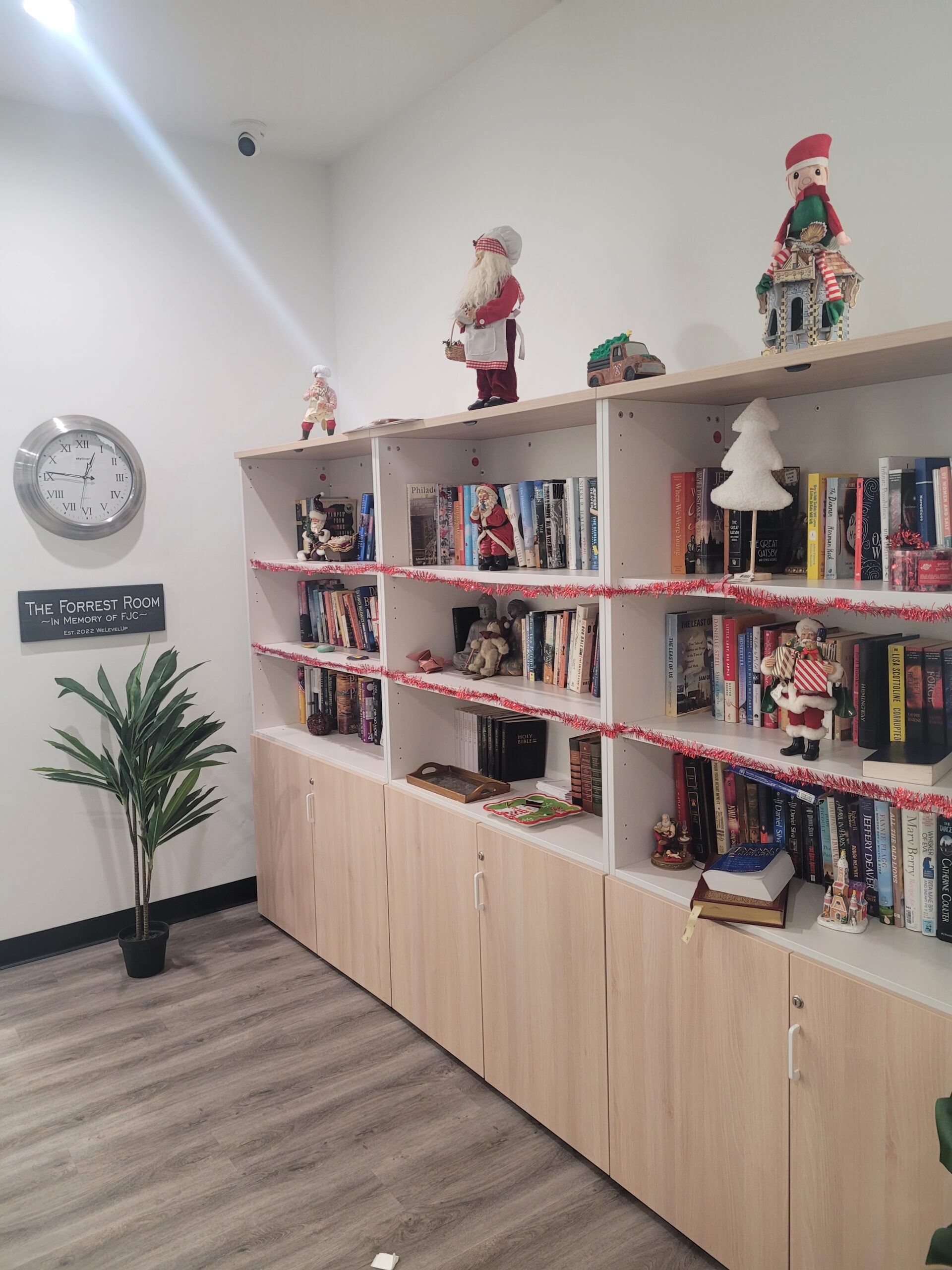
FAQ
We understand that you and your family may be going through a challenging period.
The process of comprehending the treatment options for alcoholism, drug addiction, and mental health conditions that we address can be quite complex, and it may raise numerous questions.
How can I find top-quality addiction treatment centers in New Jersey?
When looking for addiction rehab centers near you, consider We Level Up Lawrenceville, NJ. Our facility stands out for its comprehensive inpatient services, including medical detox and in-depth therapy, tailored to ensure long-term recovery. Specializing in both substance abuse and dual diagnosis, we offer a holistic approach to treatment.
Is it safe to detox at home on my own?
Detoxing at home without professional supervision poses significant risks. At We Level Up Lawrenceville, NJ, our medically supervised detox programs ensure safety and comfort. Our detox center provides a secure environment with 24-hour medical supervision, essential for a safe detoxification process.
What sets your inpatient addiction centers apart from others in New Jersey?
Our inpatient rehab NJ centers excel through a comprehensive approach that includes personalized treatment plans, 24-hour medical supervision, medication-assisted treatment if necessary, and access to psychiatric specialists.
Can you describe the environment at your inpatient treatment facility?
We Level Up Lawrenceville, NJ offers a nurturing and therapeutic environment for recovery. Our inpatient facility is designed to support healing and growth, featuring amenities and activities that promote well-being, including recreational therapy and daily group therapy sessions.
What kind of amenities and recreational activities do you offer at your treatment centers?
Our rehab facility in New Jersey provides a variety of amenities and recreational activities, such as yoga and group sports, to support holistic healing. These offerings complement our comprehensive inpatient services, fostering physical health and mental wellness throughout the recovery process.
How is the rehab treatment personalized to individual clients?
At We Level Up Lawrenceville, NJ, treatment is highly personalized. Our inpatient program begins with a comprehensive evaluation, leading to a tailored treatment plan that includes individual therapy, medication-assisted treatment if necessary, and a range of therapeutic activities designed to meet each client’s unique needs.
What types of therapies are offered at your inpatient treatment center, and how effective are they?
Our inpatient treatment offers a variety of effective therapies, such as cognitive-behavioral therapy (CBT), dialectical behavior therapy (DBT), and individual counseling. These evidence-based therapies are complemented by daily group therapy, specialty groups, and recreational therapy, ensuring a well-rounded approach to treating addiction and dual diagnosis.
What alternative payment options are available if I don’t have insurance for addiction rehab?
At We Level Up Lawrenceville, NJ, we understand the concerns about financing addiction rehab. While we accept a wide range of insurance plans, we recognize that not everyone may have insurance coverage. To ensure that financial constraints do not hinder your path to recovery, we encourage you to contact us directly.
Get Your Life Back.
Begin your journey to recovery today, embracing a brighter chapter in your life.
Hotline: (877) 378-4154Latest News
See All Blogs

